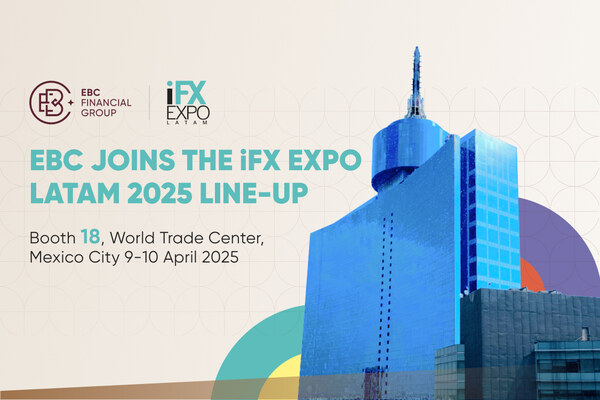Brazil's economy is undergoing a pivotal period, with growth expected to
decelerate from 3.2% in 2024 to approximately 2.2% in 2025, according to the
World Bank. Inflation continues to hover near the upper limit of the Central
Bank of Brazil's target range, keeping monetary policy tight as further interest
rate hikes loom. We now anticipate that Brazil's benchmark interest rate could
exceed 15% in 2025, with Citi projecting a peak at 15.50% by June. This would
represent the highest level in over eight years, reflecting the challenges of
balancing inflation control with economic growth.
At EBC Financial Group, we examine these developments to highlight the
broader implications for key sectors and stakeholders. From commodity markets to
fiscal policies, understanding these dynamics is critical to navigating Brazil's
shifting economic landscape. Explore our latest market insights to stay
ahead.

High Interest Rates and Fiscal Pressures
Domestically, Brazil's fiscal challenges remain a central concern. The
expected increase in the benchmark interest rate to over 15% reflects the
Central Bank's commitment to combating inflation. High interest rates, aimed at
curbing inflation, have also escalated borrowing costs for businesses and
consumers, dampening growth prospects.
Public debt remains elevated, and while government officials have proposed
measures to enhance fiscal sustainability, uncertainty persists. The
government's commitment to fiscal balance and spending control will be critical
in shaping market sentiment and maintaining economic stability.
For traders, understanding these dynamics is essential to evaluating Brazil's
evolving market outlook. Our range of trading products provides access to
markets affected by these economic shifts. Furthermore, external developments,
such as the resurgence in US protectionist trade policies under Donald Trump's
return to office, could stifle the South American country's exports.
Regional Ripple Effects
As the largest economy in Latin America, Brazil's monetary and fiscal
policies influence the region significantly. MERCOSUR, the Southern Common
Market, comprising Argentina, Brazil, Paraguay, and Uruguay, relies heavily on
Brazil for trade and economic collaboration.
Changes in Brazil's trade dynamics, driven by currency shifts and evolving
commodity markets, reverberate across the region, shaping trade balances and
economic collaboration. Additionally, other Latin American economies, such as
Colombia, Mexico, and Chile, experience ripple effects through adjustments in
commodity prices and regional market indices. This interconnectedness highlights
Brazil's pivotal role in regional growth and stability.
Follow our latest updates for insights into these regional shifts.
Economic and Commodity Trends: A Changing Landscape
Brazil's economic trajectory is deeply intertwined with its status as a major
commodities exporter. Recent appreciation of the Brazilian Real, which reached
its highest level in over a month as of 22 January 2025, has created mixed
signals for exporters. While a stronger Real may curb the competitiveness of
exports, Brazil's core commodities, including soybeans, crude oil, and iron ore,
remain vital players in global markets.
Brazil's pre-salt oil reserves have driven a surge in production, positioning
oil as the nation's top export. This increased output is shaping global energy
markets, with potential downward pressure on prices due to rising supply.
Notably, potential changes in US energy policies under Trump's leadership could
further influence oil prices.
At EBC, we continue to monitor these trends to assess the economic challenges
facing Brazil and the potential downside risks to the oil market. Learn more
about how these shifts impact global trade through our latest updates.
Disclaimer: This material is for general information purposes only and is not
intended as (and should not be considered to be) financial, investment or other
advice on which reliance should be placed. No opinion given in the material
constitutes a recommendation by EBC or the author that any particular
investment, security, transaction or investment strategy is suitable for any
specific person.







